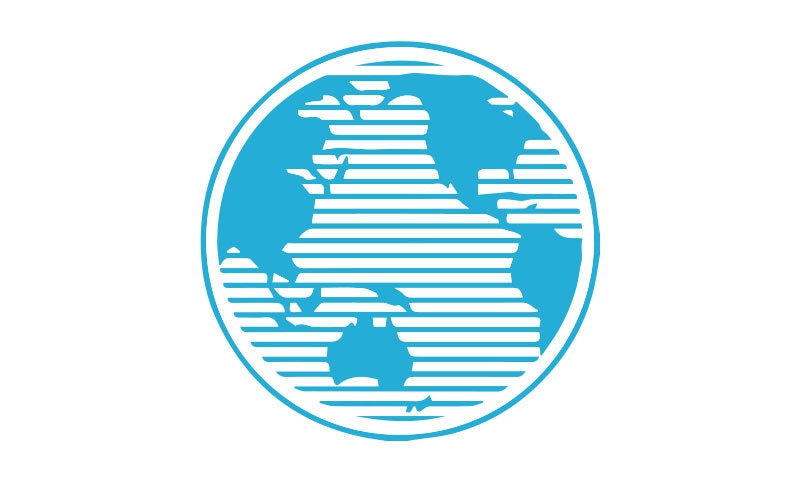THE HAGUE: Police from seven European countries have detained 26 people in a crackdown on a horsemeat trafficking ring, two years after a tainted meat scandal rocked the continent, the EU’s judicial agency Eurojust said on Saturday.
Eurojust said the swoop coordinated by Eurojust and French authorities “succeeded in stopping an organised criminal network involved in trade in illegal horsemeat”. Friday’s operation involved hundreds of police and officials in France, Belgium, Germany, Ireland, Luxembourg, the Netherlands and Britain, the European Union agency said.
Eurojust did not say where the arrests took place but the Dutch public prosecutor’s office said three people were arrested in the Netherlands. French authorities had requested the trio’s extradition, the prosecutors added.
Media in Belgium, meanwhile, said four Belgian nationals, including the alleged ringleader, were arrested in France.
Eurojust confirmed that a Belgian was the main suspect in the group, which is accused of introducing horsemeat unfit for human consumption into the food chain through the “falsification, suppression and/or modification of official health documentation”.
The suspect, who was operating out of his homeland, had been under investigation in Belgium since November 2012, the agency, which is based in The Hague, said.
Further arrests were made in Germany and Belgium, a French judicial source said.
Authorities in France, which have been investigating the group for two years, estimate that some 4,700 horses unfit for human consumption were slaughtered and smuggled into the food chain between 2010 and 2013, Eurojust said.
The animals were killed at an abattoir in the south of France, the French source said.Dozens of commercial and private premises were searched in the raids and more than 800 horse passports seized, along with medication, microchips, computer equipment and 37,000 euros in cash.
The arrests come two years after the furore triggered by the discovery that horsemeat was being passed off as beef in burgers and other meat products sold across Europe.
Millions of meatballs, sausages, burgers and ready meals were pulled at the time from supermarket shelves over the find, making it one of Europe’s biggest food scandals.
A Dutch court earlier this month sentenced Dutch meat trader Willy Selten to two-and-a-half years in jail for his role in the fraud. Selten was convicted of falsifying documents that presented 300 tonnes of horsemeat as pure beef.
Eurojust did not say whether there was any connection between this week’s raids and the 2013 scandal.
While many consumers at the time reacted with horror to being duped over the nature of the beast from which their meat was sourced, horsemeat is popular in several European countries, including France and Belgium.
Published in Dawn, April 26th, 2015
On a mobile phone? Get the Dawn Mobile App: Apple Store | Google Play
















































Dear visitor, the comments section is undergoing an overhaul and will return soon.